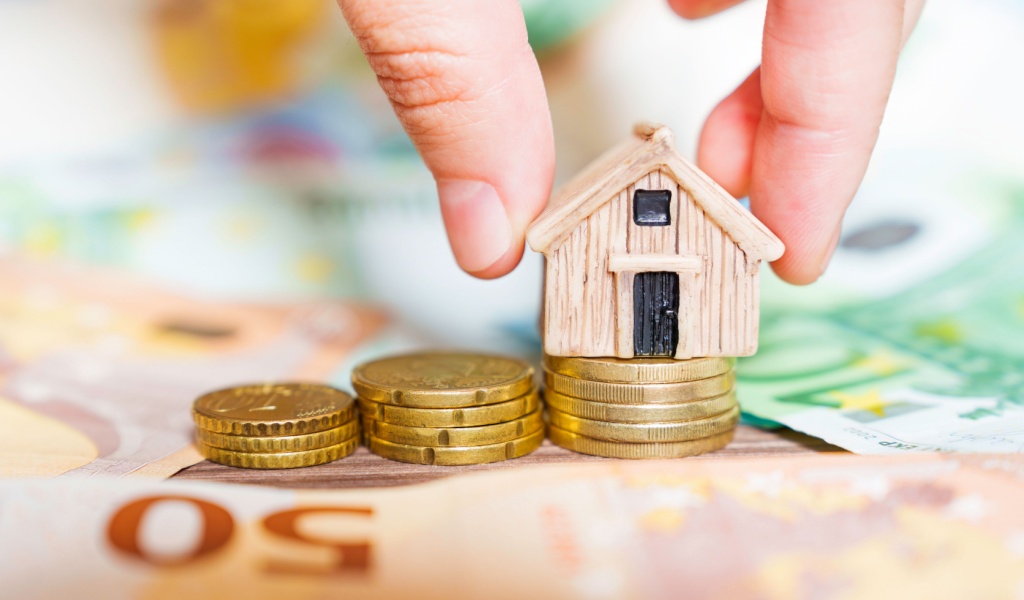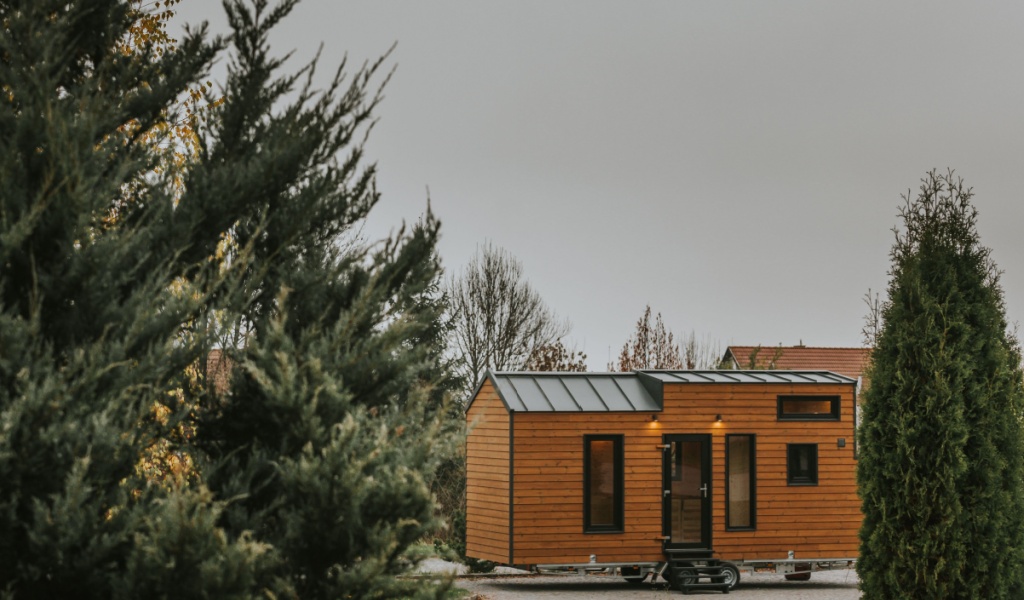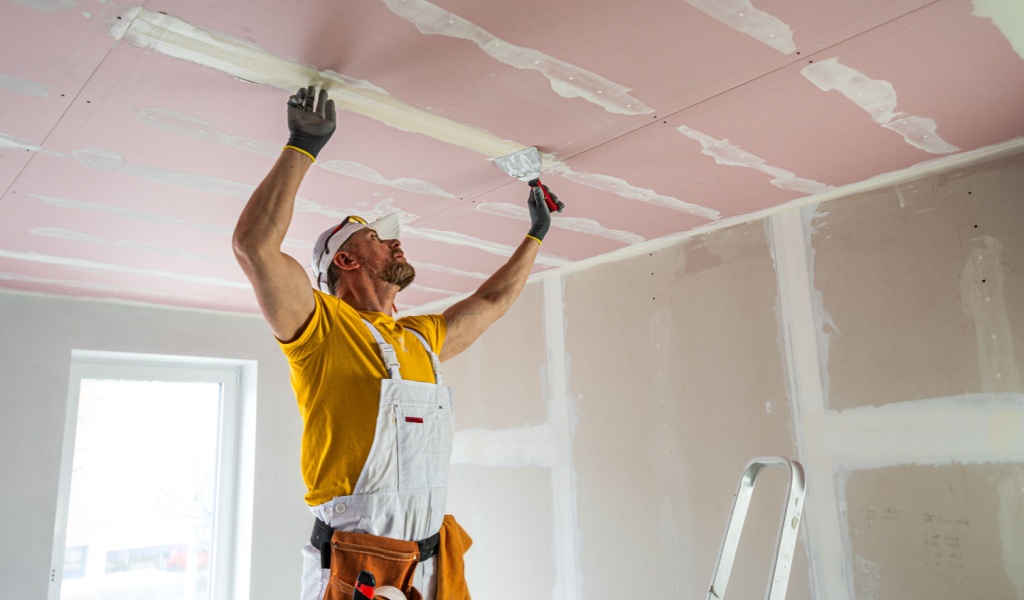Those who have watched TV series like HGTV’s Tiny House, Netflix’s Tiny House Nation, and Big Living might be well acquainted with tiny houses. Tiny houses were all the rage at one point—and still are, particularly among millennials and people who like the idea of downsizing their lives and switching to an environmentally sustainable lifestyle. However, what looks fantastic on reality TV may not appeal to everyone in real life.
This raises the question – are tiny homes worth the hype, or are they a financial failure?
Before we answer that, let’s dig deeper into what tiny homes actually are.
True to their namesake, tiny homes are small houses that come in all shapes and sizes. The average size is around 225 square feet, but you can also find some that are about 600 square feet. While tiny homes have become popular recently, the idea of them isn’t entirely new. People have lived in compact spaces since the beginning of time, and today, more people are welcoming this concept to embrace a minimalist life.

Types of Tiny Homes
All sorts of tiny homes cater to diverse preferences and lifestyles. The traditional tiny house on wheels is perfect for nomadic homeowners as it is mobile and offers flexibility. People choose to convert shipping containers into tiny homes, and it’s a good sustainable option as it allows you to repurpose industrial materials. Those who embrace a rustic lifestyle choose portable cabins, usually nestled amid nature. Then, you have modern modular tiny homes that can be customizable and allow easy expansion. There are also micro-apartments in urban settings that maximize space usage.
All these different types of tiny homes are a great reflection of the growing trend towards adaptable living spaces.
The Cost of Building A Tiny Home
The costs associated with building a tiny home will depend on various factors. The cost will be low if you have personal knowledge about constructing an undersized house. However, enlisting professional help comes with a hefty price tag.
The average cost of a tiny home is between $20,000 and $60,000. Again, this will vary largely depending on customization, size, and location. Some tiny homes can exceed $100,000 due to elaborate and custom-built options. Moreover, the price can further fluctuate based on market conditions and individual choices, so it’s crucial to research the affordability of a tiny home.
Why Are They So Expensive?
Constructing any house can be pretty expensive, mainly because it is customized and personalized according to each homeowner—and this goes for a tiny home as well. For example, if you want your tiny house to have a rooftop patio or granite-tiled rain shower, you must also be willing to pay top dollar! Likewise, tiny homes are all about making maximum use of minimal space. They have to be multifunctional, which means extra expenses.
Plus, the expenses don’t end with the building process and materials – which are not cheap, thanks to inflation. Based on your choice of foundation, you will have to think about how you will build or park your tiny home and the costs associated with renting or buying land. Then, you must consider the cost of permits and licenses from the state where you will be parked. You will also need a trailer for moving your home with enough horsepower to lug it around.

Resale Value of Tiny Homes
One factor that makes tiny homes appealing is that they allow you to own a home without paying a hefty mortgage. It also makes more sense for people to own a small home than rent out someone else’s house or apartment. However, the resale value of tiny homes isn’t great.
Selling your tiny home will take a lot of work, mainly because you must find a buyer willing to purchase the home you customized for yourself. What you thought was a multipurpose space may not work for another person’s lifestyle.
So, if you have built your tiny home, think of it as a family heirloom or a getaway spot for your family. You’re not likely to make any big buck out of your initial investment because tiny homes depreciate over time unless they are built on a prime piece of land with breathtaking views that people are willing to pay good money to own.
People who own tiny homes are not typically looking to build equity. It’s just a way for them to quench their thirst for freedom and adventure and live a different lifestyle.
Are Tiny Homes A Worthwhile Investment?
Well, no. If you’re hoping to buy a tiny home as a future investment option, it won’t work. If you’re looking for a house but are still deciding whether to purchase one, renting may be a better option. But if you’re sold on living a minimalist life in a smallish space, go ahead!
Tiny homes are not a good choice for everyone. Large families will struggle to find the space they need in an undersized home, and a minimalist lifestyle doesn’t suit everyone’s needs. A cramped home may cause increased stress and anxiety in families, further compounded by a lack of privacy and disturbed sleep. And don’t be surprised if the expenses of building a tiny house aren’t so tiny. Make sure that you’re up for the challenges it will bring before you spend your hard-earned money.
However, those who want financial independence and a low-impact life with a smaller ecological footprint can benefit from compact homes with the essentials but nothing above necessities. Life isn’t all about the monetary value of things. If the tiny home life is what you crave, it can be a worthwhile investment, if nothing else, in your mental health!



